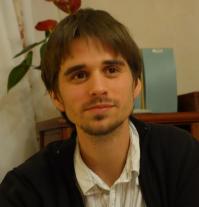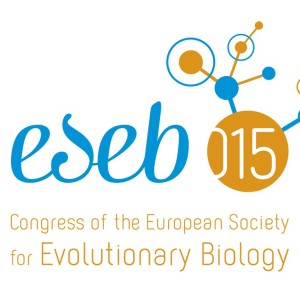Why do animals die? Why can’t we live forever?
– Vicente, 6 years old
 Author: Pierre de Villemereuil
Author: Pierre de Villemereuil
PhD student
Laboratory of Alpine Ecology, Université Joseph Fourier (Grenoble, France)
Answer:
Imagine a world where animals can have access to all the resources they want and never become sick, where predators do not exist and where even fatal accidents never occur. Since natural selection favours individuals which reproduce the most during their lifespan, eternal life would be a selected evolutionary strategy in this scenario: animals that would live forever! However, in our world, resources are limited and many individuals die of sickness, predation or even accidents.
Eternal life has a cost: the body needs to be maintained and repaired when damaged, which requires resources (especially energy and time). Reproduction also requires resources. Individuals who invest all their (limited) resources in maintenance will never reproduce, and hence will not have daughters and sons with the ability to live forever. So there will not be more and more individuals with the ability to live forever and thus it will not become common in the population. It will not –as evolutionary biologists use to say – be selected for.
There is a “trade-off” between maintenance and reproduction. Something that enhances maintenance is likely to reduce reproduction due to resource limitation. Because of the above-mentioned external factors causing death, maintenance is interesting only for a limited time. Say, because of these external factors (sickness, predation, accidents), the life expectancy of any mouse individual is around 1 year. In that case a genetic variant causing an intrinsic lifespan (meaning a life expectancy if no external factors are involved, for example in captivity) of, say, 10 more years will not be selected (individuals are likely to die of external causes before they can reach these 10 more years). Worse, because the effect of this genetic variant is likely to reduce reproduction (because it will require more resources for maintenance), it will be erased from the population – what we call counter-selected. On the contrary, genetic variants slightly reducing the intrinsic lifespan but increasing the reproduction before this life expectancy of 1 year ends, are likely to be selected. The result of this phenomenon is equilibrium between maintenance and reproduction, causing animals to die of “natural death” around an adaptive lifespan. This does not mean that living forever is impossible, only that evolution has not selected us to. Note that this applies not only to animals, but also to most living beings.
Portuguese translation here.

Leave a comment